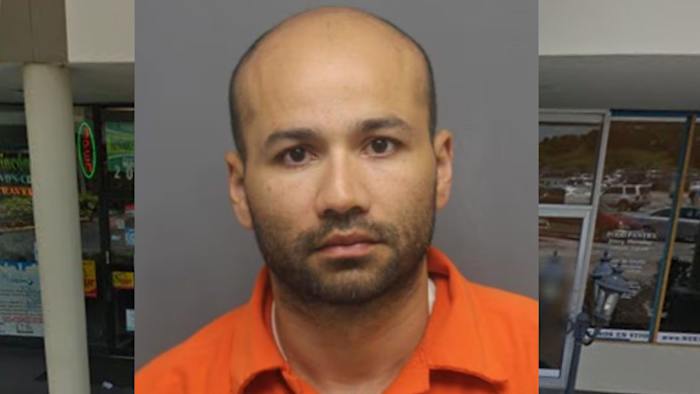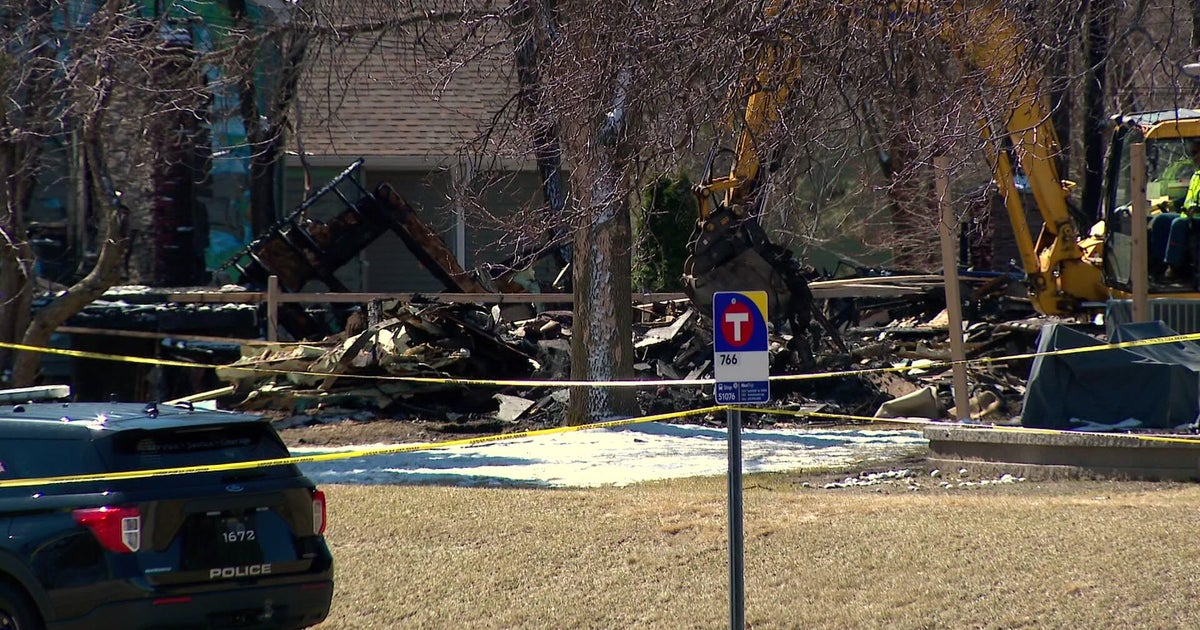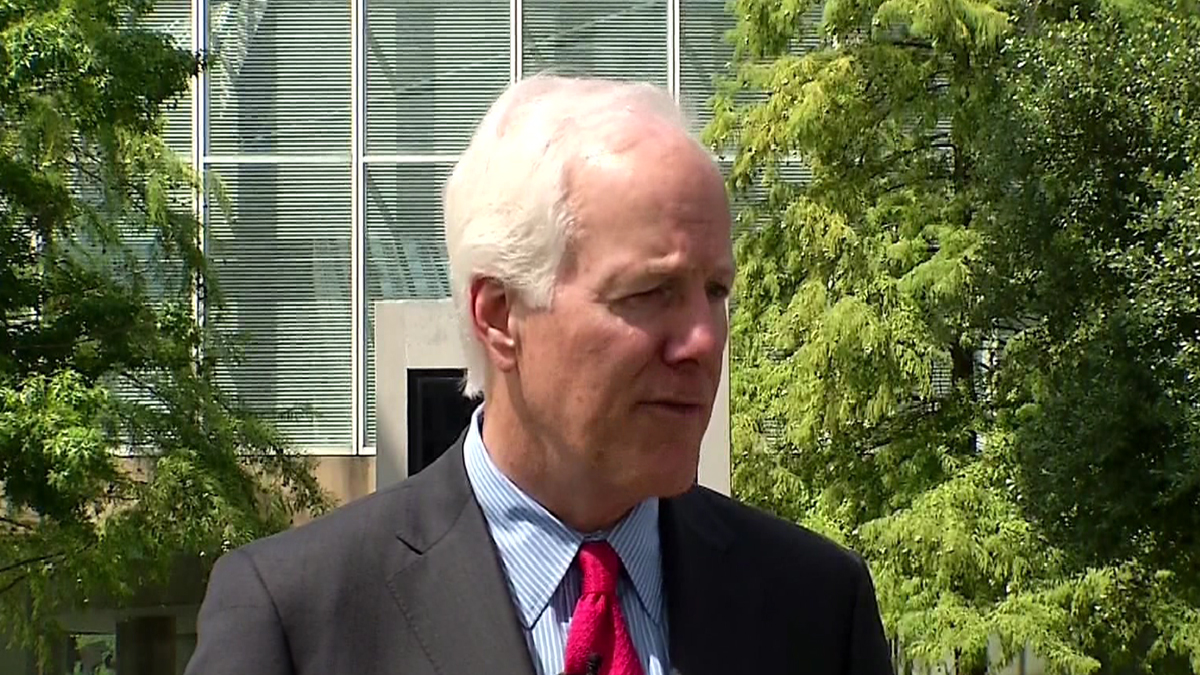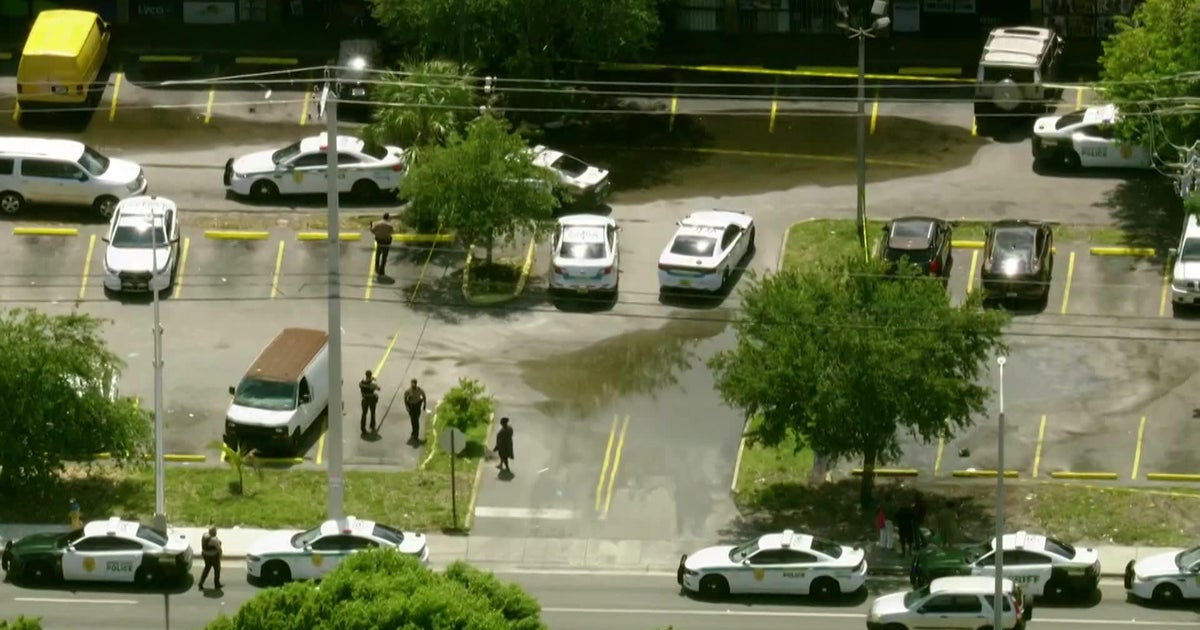North Carolina
Small plane flips over at Jetport in Sanford

Sunday, June 25, 2023 9:51PM
SANFORD, N.C. (WTVD) — The North Carolina State Highway Patrol is investigating after a small plane flipped over in Sanford.
The Lee County Sheriff’s Office responded to calls about an accident at the Raleigh Executive Jetport Sunday morning. When deputies arrived they found the pilot of a small plane outside of the plane unharmed.
NCSHP is investigating the cause of the plane flipping.
Copyright © 2023 WTVD-TV. All Rights Reserved.

North Carolina
How many nighttime tornadoes happen in North Carolina?

At 3:42 a.m. Tuesday, a tornado was confirmed in Pinetops. This came less than 12 hours after a reported tornado just 14 miles away in Princeville.
As we sent our crew to survey the damage and went through post-storm analysis, we started digging into nighttime tornado statistics in North Carolina.
A recent study in 2022 finds that North Carolina ranks 12th in the country for nighttime tornadoes.
Tennessee is consistently #1 in the country with nearly half of their tornadoes happening during the night.
This time of year, the wind above the surface (called the low level jet) can surge east of storm systems that oftentimes happen east of the Rockies.
This storm system is behaving more like a tropical system, in that outer bands are producing quick, spin-up storms as opposed to long-track tornadoes like you’d often see in Tennessee, Kentucky, Mississippi, etc.
This is why it is always crucial to have multiple ways to receive weather warnings.
Download the WRAL News and Weather apps, invest in a NOAA Weather Radio and/or leave the Emergency Alert System notifications ON in your phone.
North Carolina
NC lawmakers weigh parking lot reforms that would impact stormwater runoff

A proposal at the North Carolina General Assembly could reshape how parking lots are built and help reduce pollution from paved surfaces like roads and driveways.
House Bill 369, known as the Parking Lot Reform and Modernization Act, advanced last week in the House. The current version of the bill focuses on two changes: limiting local parking mandates and banning the use of certain toxic pavement sealants.
As rain drenches much of the state this week, the environmental stakes are hard to ignore. Stormwater runoff from paved surfaces is one of the leading sources of water pollution in North Carolina, carrying oil, chemicals and other contaminants into streams and rivers.
In a blog post, Catawba Riverkeeper Ellie Riggs called the proposed bill “a critical step to protect waterways, businesses, and communities from runoff and flooding.”
According to the U.S. Geological Survey, just one inch of rain on an acre of pavement can generate more than 27,000 gallons of runoff.
“Reducing unnecessary pavement and banning toxic sealants are crucial steps to protect our waterways,” Riggs wrote.
What the bill would do
The current version of HB 369 includes two main provisions:
- Parking reform: Cities and counties would no longer be allowed to require more parking spaces than a developer chooses to build. It also limits local authority to mandate oversized parking spaces, except in cases like handicapped or diagonal parking. Supporters say the change could reduce unnecessary pavement, lower development costs and allow for more flexible land use.
- Pollution prevention: Beginning in 2026, the bill would ban the sale and use of pavement sealants containing high levels of polycyclic aromatic hydrocarbons, or PAHs. Studies show these chemicals, found in coal tar-based products, can be harmful to human health and aquatic life. Several cities in North Carolina and across the U.S. have already banned these products.
The bill also includes a $5,000 appropriation to the Department of Commerce to help educate property owners about potential savings from reducing the size or number of parking spaces.
What changed from the original draft
Earlier versions of the bill also included language aimed at limiting how local governments regulate stormwater during redevelopment projects. Specifically, it would have prevented cities and counties from requiring new runoff controls on areas that were already paved or developed, particularly for small-scale residential projects.
That draft language allowed local governments to require stormwater capture for up to 50 percent of runoff from an entire redevelopment site and encouraged the use of incentives for capturing more. Supporters argued the section would help promote redevelopment by setting clear limits on what could be required.
However, some environmental advocates and local officials raised concerns that it could weaken efforts to manage flooding and water pollution, especially in areas facing growing stormwater challenges.
In response to those concerns, lawmakers removed the stormwater language from the most recent version of the bill. Stormwater rules would remain unchanged, leaving cities and counties with the authority to require runoff controls as they see fit.
The bill remains under consideration in the House State and Local Government Committee. It must pass both the House and Senate before becoming law.
North Carolina
Western North Carolina under a flood watch Monday and Tuesday caused by persistent rain
-

 Austin, TX3 days ago
Austin, TX3 days agoBest Austin Salads – 15 Food Places For Good Greens!
-

 News1 week ago
News1 week agoFamily statement: Rodney Hinton Jr. walked out of body camera footage meeting with CPD prior to officer death
-

 Politics1 week ago
Politics1 week agoTrump posts AI image of himself as Pope amid Vatican's search for new pontiff
-

 Education1 week ago
Education1 week agoIn Alabama Commencement Speech, Trump Mixes In the Political
-

 Technology1 week ago
Technology1 week agoBe careful what you read about an Elden Ring movie
-

 Culture1 week ago
Culture1 week agoPulitzer Prizes 2025: A Guide to the Winning Books and Finalists
-

 News1 week ago
News1 week agoFather Whose Son Was Shot by Cincinnati Police Hits Deputy With Car, Killing Him
-

 Politics1 week ago
Politics1 week agoEPA chief Zeldin announces overhauls to bring agency back to Reagan-level staffing





















